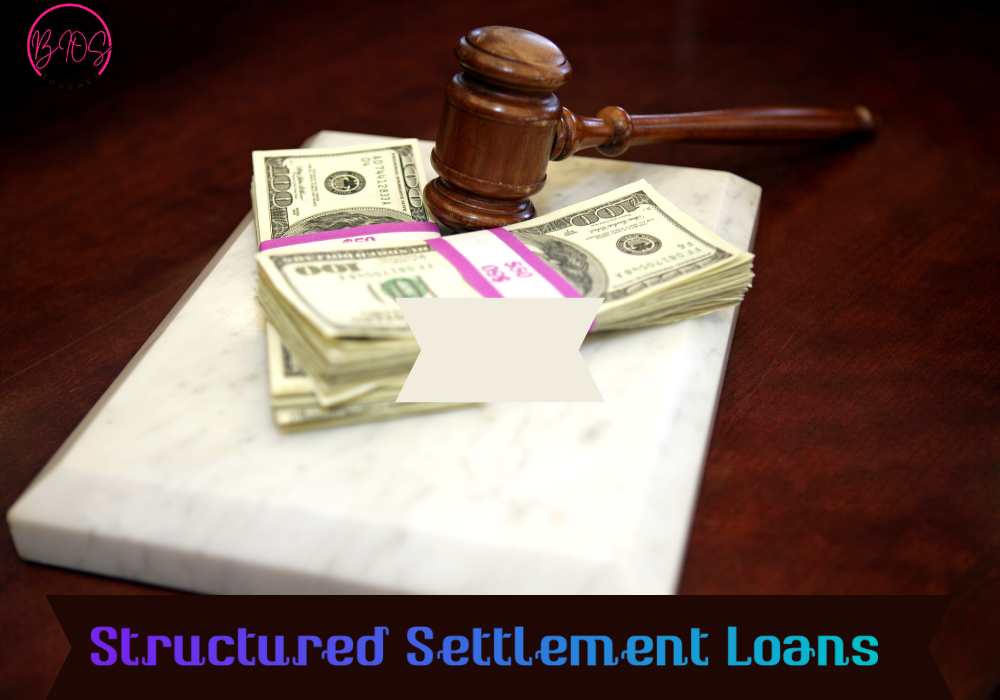Structured settlements provide long-term financial stability for individuals who win legal settlements, but life’s unexpected expenses often create urgency for immediate cash. While many search for “structured settlement loans,” this concept is fundamentally misleading. This 2025 review cuts through the myths, explains how structured settlement funding works, and provides expert insights to help you make informed decisions.
Introduction to Structured Settlements and Funding
Structured settlements are court-ordered financial agreements where plaintiffs receive periodic payments instead of a lump sum, typically through annuities. These tax-free payments cover long-term needs for injury victims, wrongful death beneficiaries, or medical malpractice plaintiffs. However, when faced with emergencies like medical bills or home repairs, recipients often seek structured settlement funding – a process where companies purchase future payments for an upfront lump sum.
Please visit our other article: 10 Best Banks for Car Loans Review and Comparison
Contrary to terms like “structured settlement advance” or “loan,” these transactions are sales, not loans. Factoring companies buy your payment rights at a discount, requiring court approval to ensure fairness. Understanding this distinction is critical to avoiding predatory practices.
What Is a Structured Settlement?
A structured settlement is a tax-free financial arrangement where a defendant (or insurer) funds an annuity to provide steady income to a plaintiff. Common in personal injury, workers’ compensation, and wrongful death cases, these payments:
- Guarantee financial security by avoiding impulsive spending of lump sums.
- Adjust to inflation through escalating payment schedules.
- Preserve eligibility for government benefits like Medicaid.
For example, a $1 million settlement might be structured as $3,000 monthly for 20 years plus larger payments every 5 years for major expenses.
The Reality of “Structured Settlement Loans”
Key Myth vs. Fact
- Myth: You can borrow against settlements like a home equity loan.
- Fact: Structured settlements cannot be collateralized. Instead, companies like J.G. Wentworth or Peachtree Financial buy future payments at a discount.
How It Works
- Quote Request: Companies evaluate your payment schedule and offer a lump sum (e.g., $50,000 for $100,000 in future payments).
- Court Approval: Judges review the sale to ensure it’s in your best interest, per state laws.
- Funding: After approval, you receive cash within 45–60 days.
Discount rates typically range from 9% to 18%, significantly reducing your total payout.
Top Structured Settlement Funding Companies
| Company | Key Features | Notable Considerations |
| J.G. Wentworth | Industry pioneer since 1991; operates in all 50 states. | Higher fees; mixed customer reviews. |
| Peachtree | Owned by J.G. Wentworth; focuses on fast funding. | Requires $10k+ in remaining payments. |
| DRB Capital | Offers competitive rates; $1B+ in funded deals. | Limited transparency on fees. |
| SenecaOne | 17+ years in business; emphasizes personalized service. | Smaller operation; slower processing. |
Warning: Avoid companies pressuring you to lie in court or skip financial counseling.

Pros and Cons of Selling Structured Settlements
Pros
- Immediate liquidity for emergencies like medical debt or home repairs.
- No credit checks – approval depends on your payment stream, not credit score.
- Flexibility to sell partial payments (e.g., 60 months of a 20-year plan).
Cons
- High costs: A $100k payment stream might yield only $60k upfront.
- Loss of future security: Sacrificing guaranteed income risks long-term hardship.
- Scam risks: Unlicensed companies may exploit vulnerable sellers.
Legal and Financial Considerations
Court Approval Process
- Documentation: Submit payment schedule, sale terms, and a “best interest” affidavit.
- Hearing: Judges assess your financial needs, existing debts, and alternatives.
- State Laws: California, Texas, and Florida impose strict disclosure rule.
Tax Implications
- Structured settlements: Tax-free under IRC §104(a)(2).
- Sale proceeds: Tax-free if used for qualified expenses (medical, education).
Alternatives to Structured Settlement Funding
| Option | Pros | Cons |
| Personal Loan | Lower fees; no court approval needed. | Requires good credit; high interest. |
| Home Equity Loan | Lower rates; tax-deductible interest. | Risks foreclosure; slow approval. |
| Peer-to-Peer Lending | Flexible terms; fast funding. | High rates for poor credit. |
| Government Aid | No repayment; preserves settlement. | Limited eligibility; small amounts. |
Expert Tips for 2025
- Compare Multiple Offers: DRB Capital might offer 12% discounts vs. J.G. Wentworth’s 15%.
- Consult a Planner: Fee-only advisors can model long-term impacts of selling.
- Verify Licensing: Check state registrations and BBB ratings.
- Negotiate: Factoring companies often improve initial offers.
FAQ‘s
Q: Can I get a loan against my structured settlement?
A: No. Only sales are permitted, requiring court approval.
Q: How long does funding take?
A: 45–60 days, depending on court schedules.
Q: Will selling affect my taxes?
A: No, if used for qualified expenses.
Q: What if the court denies my sale?
A: Explore alternatives like partial sales or personal loans.
Final Verdict: Is It Worth It?
Structured settlement funding is a last-resort option for urgent needs, not a wealth-building tool. While it provides quick cash, the steep discounts and loss of future income often outweigh short-term benefits. Before proceeding:
- Exhaust cheaper alternatives (e.g., personal loans).
- Consult a fiduciary advisor to explore hybrid solutions.
- Verify company legitimacy through the National Association of Settlement Purchasers.
By prioritizing transparency and long-term planning, you can avoid predatory practices and make decisions aligned with your financial well-being.



